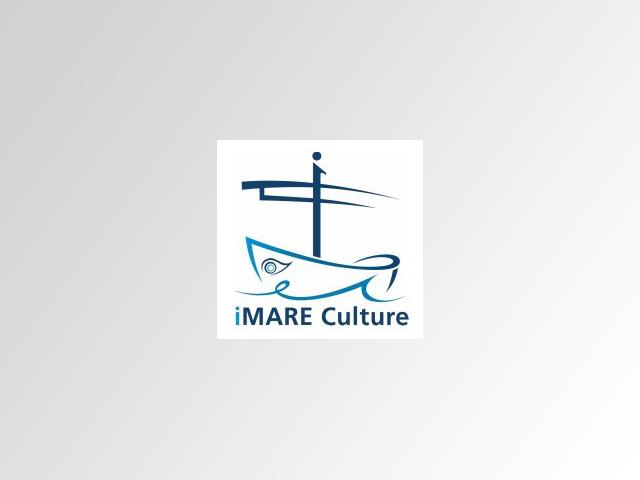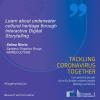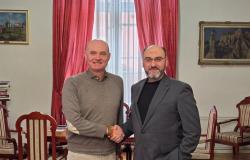European Commission: The iMARECULTURE project and its results have become a significant factor in combating the devastating effects of the COVID-19 pandemic

Europe and the world are going through one of the most challenging situations due to the rapid spread of the SARS-COV-2 virus, which deeply disrupts our health and socio-economic system. Research and innovation actions are an important part of the EU's coordinated response to health threats posed by this virus.
The European Commission has identified the iMARECULTURE project as a collaborator helping fight the ongoing pandemic and its devastating effects, and to contribute to resolving the health crisis and making the European health and socio-economic system more resilient and prepared to deal with the negative effects of this epidemic.
Namely, the iMARECULTURE project is based on the development of virtual reality applications that enable the population to virtually visit remote geo locations from the security of their home, without exposing themselves to the risk of contact with biological agents and gain new and deepen existing knowledge in a virtual walk.
Horizon 2020 project iMARECULTURE - Advanced VR, iMmersive serious games and Augmented REality as tools to raise awareness and access to European underwater CULTURal heritagE (advanced virtual reality, immersive educational games and augmented reality as tools to increase the popularity and accessibility of European underwater cultural heritage) has aims to make the rich cultural heritage underwater available to the public through digital technologies. Sarajevo Graphics Group, research laboratory from the Faculty of Electrical Engineering, University of Sarajevo, led by Prof. Dr. Selma Rizvić, within the consortium was in charge of interactive digital storytelling.
The iMARECULTURE project had a total budget of 2.6 million euros. Through the project activities, three selected underwater locations were presented: Mazotos in Cyprus, Xlendi in Malta and Baiae in Italy. Mazotos and Xlendi preserve the remains of sunken ships, and Baiae is an underwater archeological park housing the remains of the entire city and harbor with buildings, mosaics and statues from the Roman period.
The project has developed, among others, virtual reality applications with which visitors can “dive” and explore underwater archeological sites, and watch stories in which actors play scenes from the past within 3D reconstructions.
Its significance lies in the fact that it was the first research project for the University of Sarajevo within the European Program for Research and Innovation - Horizon 2020.
It is important to note that the European Commission has recognized that this project has already yielded usable results that could be further developed or increased, and invited the project team to join their Horizon results platform within the COVID-19 section on their SYGMA portal. This will give potential investors the opportunity to see the project result, and will also allow them to obtain targeted information from the Commission on upcoming funding opportunities, such as calls from the European Investment Council or funding opportunities from the European Investment Bank and other institutions.
#myEUresearch #Coronavirus #BosniaAndHerzegovina
More information about the project is available at:
www.imareculture.eu.










